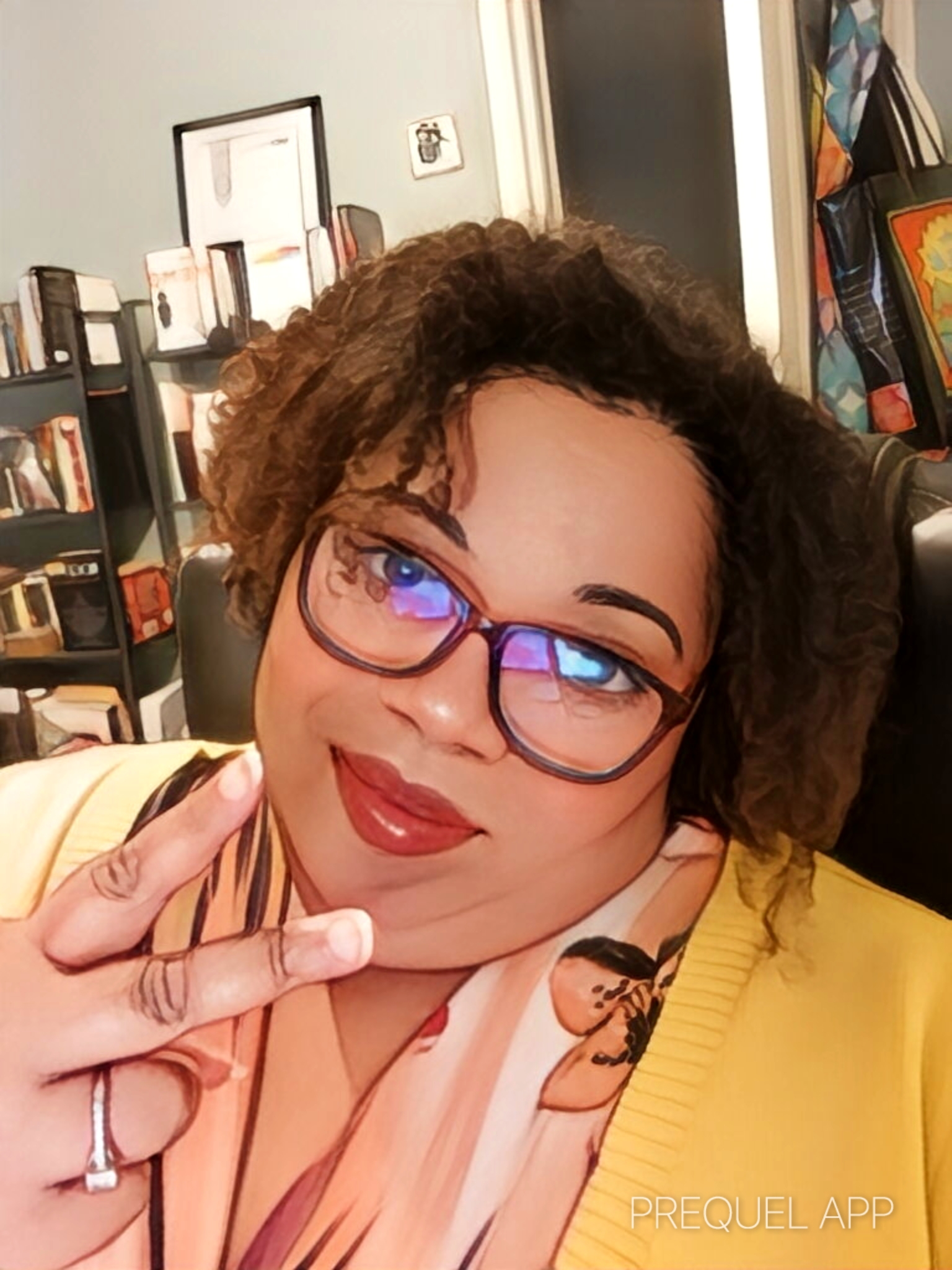What it truly means to be an Accomplice & Ally (a Creed)
- Clarissa Fuselier

- Jun 10, 2020
- 3 min read
Updated: Feb 23, 2024

These past few years, I've been involved with all sorts of conversations around discrimination, oppression, allyship, inclusion in tech, in education, in publishing, etc. There are some themes I've noticed around advocacy and being an ally and have been thinking of a set of beliefs or creed if you will, to help new people getting into this ongoing work.
Social justice is meaningful work, but it's not to be taken lightly. You can't do it from the comfort of your computer or chair. In fact, if it's comfortable for you, you're probably doing it wrong.
These set of beliefs are in a rough draft mode here, but I think this may be helpful to some. I'm sure it'll be changing over time (as things should), but this could be a great place to start. So here goes:
As an ally, I realize that it is not my responsibility to speak for the oppressed, but to step aside and clear the way for them to speak for themselves. My voice is only used to advocate when they are not around to speak.
I will not use the views of one member of an oppressed group to represent the sentiment of an entire group.
We are all individuals and no group of people is a monolith. If I see something, I will say something. I will not be a bystander to the oppression of others. As an ally, I work in the shadows and behind the scenes.
I learn through experience, self-discovery, and listening to the stories of others. As a person with a privileged identity, I won't put the burden of my education on the oppressed. I don't seek gratitude, acknowledgment, praise, or any “cookies” for the social justice work I do. Being a decent human being is its own reward.
I understand that even the term “ally” is not a term I can self-apply and that if I am worthy of such a title, the oppressed will consider me as such.
As an ally, I acknowledge the power dynamics of systemic oppression and how society is structured to provide access to resources to one group, but not another. It is in these disparities that I will seek to understand how I can not only be aware, but actionable in making equity.
I believe that before I can first change the world or just my little piece of it, I first must change myself through awareness and unlearning my own biases. Improvement must start with me.
I realize that individual experiences differ from group experiences and that just because I did not personally experience it, or know an oppressed member who has, doesn’t mean the issue doesn’t occur.
I know during my self-education and awareness, I may say or do something that is offensive to the oppressed group or individual as it is a risk of learning. I won't defend my actions but instead listen, apologize, and ultimately learn from my mistake, regardless of my intentions.
I am not a savior and I am not self-righteous. I am not perfect. I will approach allyship with an open mind, respect those I'm providing equity for and understand this is to the betterment of a more inclusive, anti-bigoted, and diverse environment for the present and future.
###
You can download a PDF version of the creed here.
Clarissa Fuselier is a Sr. Operations Manager serving as a Diversity, Equity & Inclusion advocate & practitioner. She’s recently been featured in Austin Woman magazine and was a 2019 D&I Leader finalist for Div Inc’s Champion of Change Awards.
She’s the founder of the Inclusive Romance Project — a non-profit organization focused on providing career growth and safe spaces for marginalized romance authors. She’s obsessed with creating a positive workplace culture which led her to create her company’s Annual Diversity Week and foster employee resource groups. She also mentors young professionals of color and produces DEI workshops. She’s a lover of process, tough discussions, tacos, and dogs—pretty much in that order.






Comments